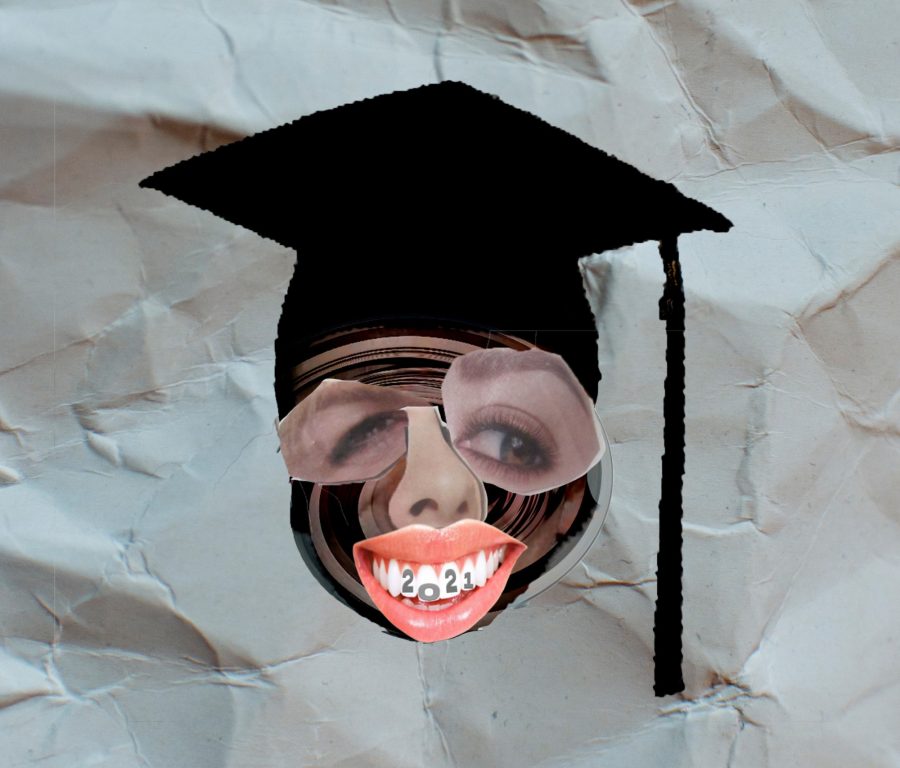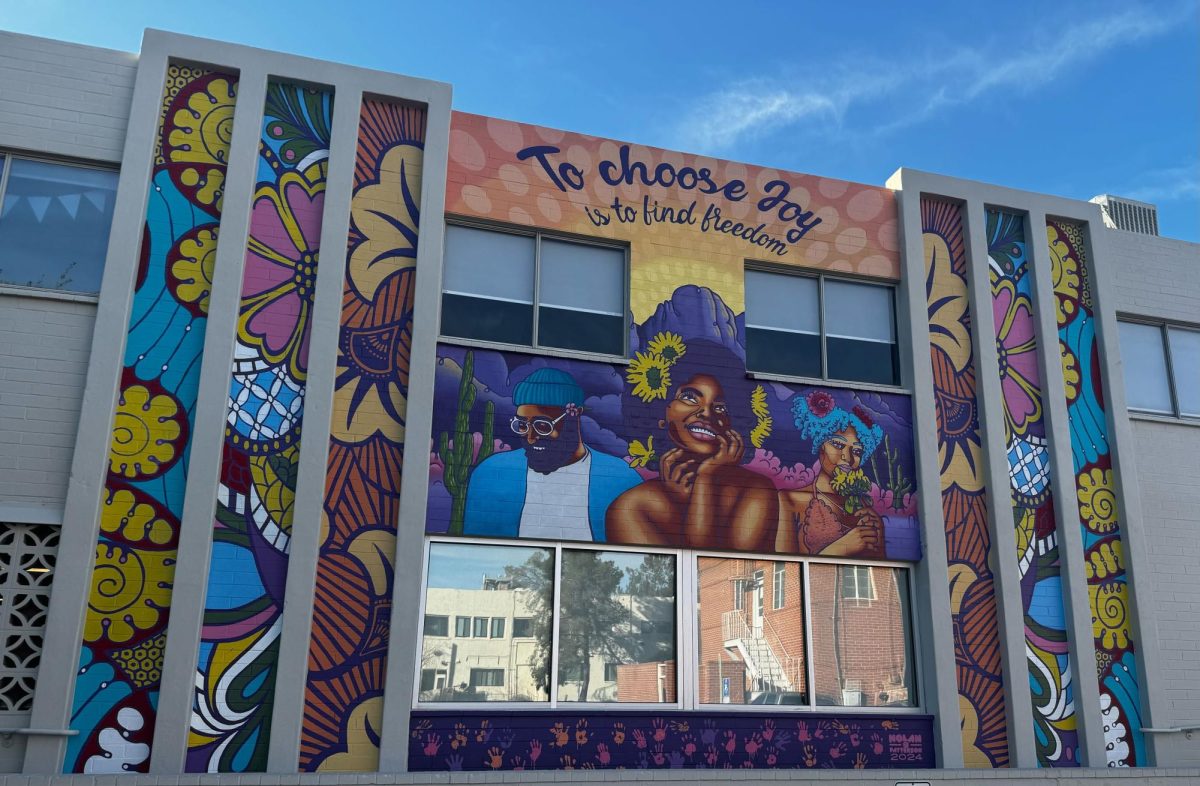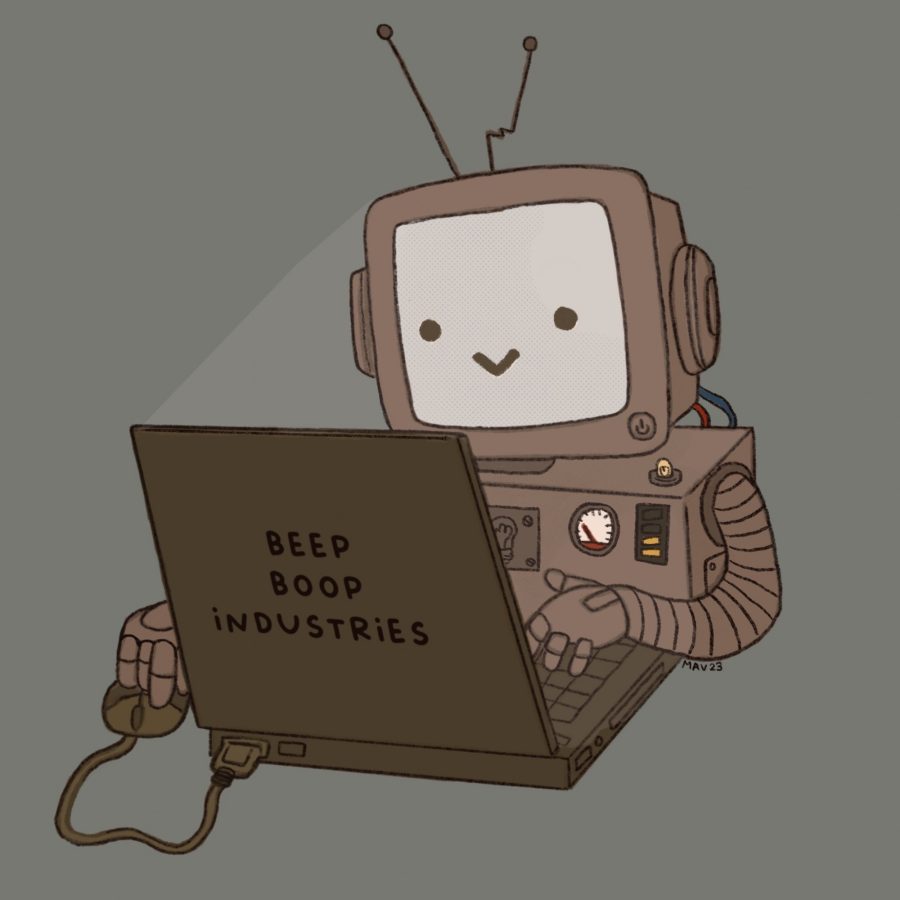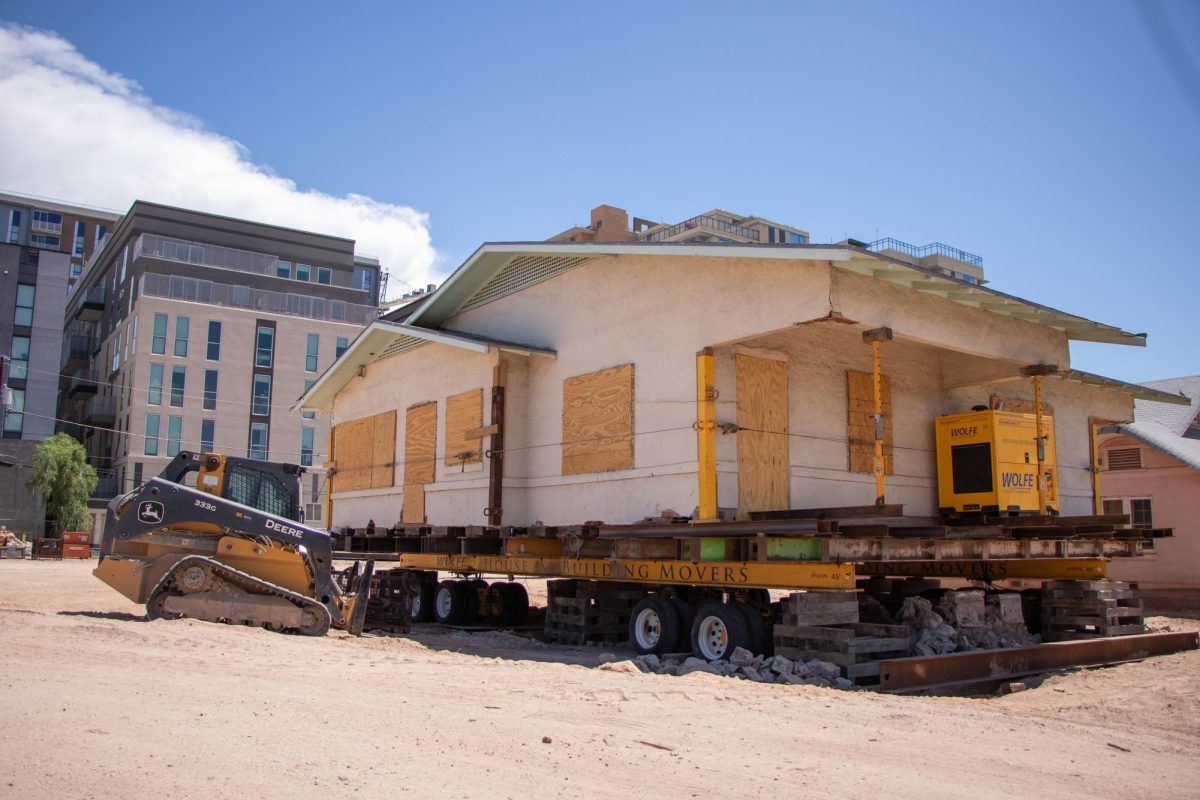It would be an understatement to say that my senior year of college did not go as I expected it to. With the help of understanding and accommodating professors, I do feel like I have been able to salvage a worthwhile academic experience, even if it involved investing in blue light glasses. This is not to say that this past year and a half didn’t come with an immense amount of challenges.
I remember where I was when it was announced that school was going to be postponed for two weeks. I was in Los Angeles for spring break, driving down Sepulveda Boulevard with a beautiful friend of mine. The day before, their university announced that they were also prolonging spring break. At this point, my understanding of COVID-19 was limited to the headlines of outbreaks in other countries.
I got the email while listening to “All Eyes On You” by Meek Mill (for some reason) and yelling along from the passenger seat. I was so excited to spend more time visiting old pals in California and enjoy a classless March that I didn’t even notice how panicked my friend was. In that very misread and misunderstood moment, the seriousness of the situation finally started to sink in. As silly and unthinking as it sounds in hindsight, I spent the rest of the car ride finally looking up all of the questions I hadn’t bothered to ask yet. I left for Tucson the next morning and my yearlong isolation began.
The initial start of my lockdown ended up setting the tone for the subsequent year. Spurts of optimism led were followed by nearly instantaneous dread and anxiety. Nothing could quell the immense bleakness that I, and every other student that I knew, felt at the time. Even now it creeps back up on me if I get too nostalgic.
But I couldn’t complain, right? Although I couldn’t be with my family, my roommate and I kept each other company. Both of us were on the same page in regard to the strict precautions we were prepared to take. I had wonderfully supportive professors that were willing to do whatever it took to ease our stress and keep learning possible. I got financial aid from the school and poured myself into my classes and work at the Daily Wildcat. I was privileged enough to attend school while riding out quarantine in a safe environment. In comparison to the people suffering all over the world, I didn’t have much to whine about.
This thinking ended up being my downfall. I had to reteach myself how to accommodate my own emotional and physical needs. Creepy walks around the neighborhood and late-night drives worked as an escape from my house. However, I did not have the coping mechanisms necessary to deal with the emotional escapism I was objecting myself to.
No matter how many hikes I took or sweaters I crocheted, I couldn’t get away from myself. And like many of my peers, I had to deal with the passing of loved ones, the fizzling-out of friendships and relationships, and what felt like an unending inner (and existential) crisis. All this while trying to maintain my GPA.
My smoking habit quickly turned from social to nearly two packs a week. What used to be a glass of wine at dinner turned into hard alcohol right when I could log out of Zoom for the day. Anything I could do to stop existing in the headspace I was in was worth a shot, but my options were limited to what was available at the drive-through liquor store.
Other than my roommate, I’ve never admitted to anyone how unhealthy my coping mechanisms got during those first four months. When I was finally able to get tested and go home to California, I had a very hard time weaning off of my whole-bottle-of-wine nightly routine. And it wasn’t comforting to know that I wasn’t alone. Many of my friends had expressed to me how this unending pause had grown their affinity for substance use. The only thing we could do was wait and find ways to make the time go by faster.
RELATED: Making friends in isolation: Perspectives from UA students
By summertime, I had landed a remote internship and took on the role of the Opinions desk editor here at the Wildcat. I spent every minute of every day at my computer in my childhood bedroom. Again, I had so much to be thankful for. I had the means to get tested regularly to attend protests and time at home to work with local grassroots organizations. I didn’t have time to drink anymore, and being around my family grounded me in my sobriety. I finally started seeing a psychiatrist and tried to stop neglecting my mental health. However, the anxiety and hopelessness were always around the corner.
Every time I looked on social media, there was another spike in COVID-19 cases, another social injustice, another political nightmare. The weight of the world was broadcasted in Technicolor every time I looked at a screen (which we all know was unavoidable).
I would love to believe that there was a silver lining to all of this. I want nothing more than to be able to say that all the suffering everyone endured was not for naught and that some greater, beautiful lesson was taught that made it all worth it. But this past year was a hellscape, and I commend anyone who stayed sane through the entire ordeal. I cannot properly express how deeply saddening and earth-shattering this entire experience has been for the world. But speaking directly to the students reading this: I am so immensely proud of you. I am so heartened at the resilience and fortitude you have all displayed. My peers have been the most shining examples of strength and endurance that I didn’t even know I needed.
As soon-to-be college grads, we sit in a very privileged seat. However, you are allowed to feel disheartened or anxious or burnt out. We are allowed to feel any parts grateful and discouraged.
The biggest lesson I have learned in my last year and a half of undergrad is to allow my emotions room to breathe. I’ve spent most of my academic career compartmentalizing negativity in the name of academic achievement. I didn’t make room in my schedule for tears. In my defense, this worked as long as it needed to. But in the wake of medical, social and political anarchy, I had to learn how to be a person again, not just a GPA and resume.
I walk away from my undergraduate education with a reinvigorated sense of self. Although I can thank the tired and sterilely professional version of me for getting me as far as she did, this is not a goodbye I am saddened to make.
Moving forward, I hope this sense of compassion and empathy I have found sustains itself. I hope that all of the students graduating this semester find what they are looking for, even if it didn’t fit within the confines of their original four-year plan. I wish you all mental soundness and radical acceptance when it runs out. Most of all — and please allow me to be corny as graduation makes me overly sentimental — I wish you hope.
Hope isn’t blind optimism or unrealistic expectations. Hope isn’t relinquishing control or turning a blind eye to reality. If I have realized anything from my senior year, it’s that hope is the thing that allows me to be honest with myself.
RELATED: OPINION: Love myself? That’s much easier said than done.
Consider what pushes you to apply for jobs that you’re underqualified for or show up to a professional event full of strangers. There’s a part of you that wants something enough to take a risk. Ambition and competitiveness all funnels back to a little seed of hope. And in the event that hope’s directions bring you to an unideal destination, you can move forward with clarity and know, at the very least, that you put yourself out there. At least you kept going.
Congratulations on continuing to hope. Happy graduation, you deserve to be here.
Follow Selena Kuikahi on Twitter
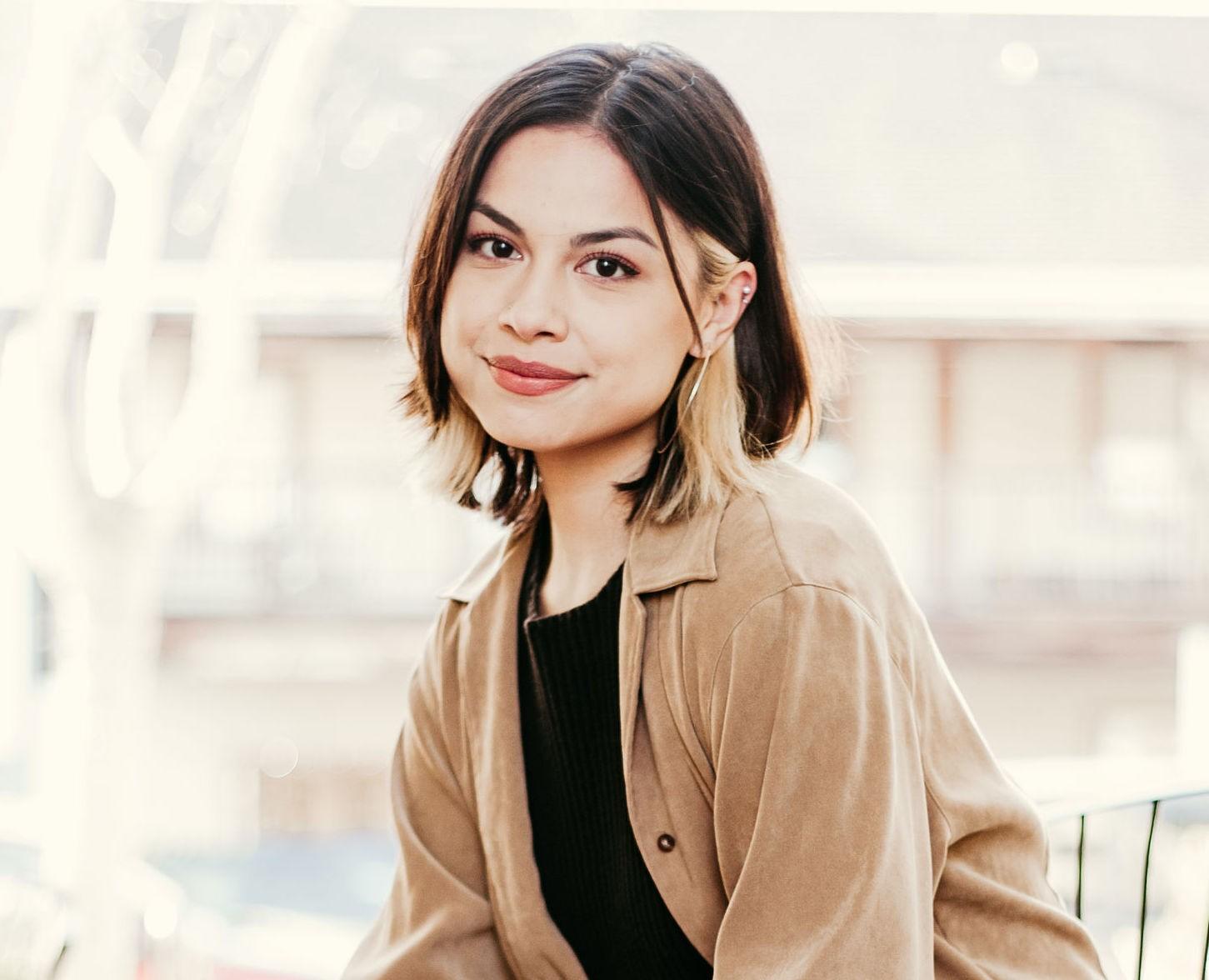
Selena Kuikahi (she/her) is a senior studying both film and television and law.



